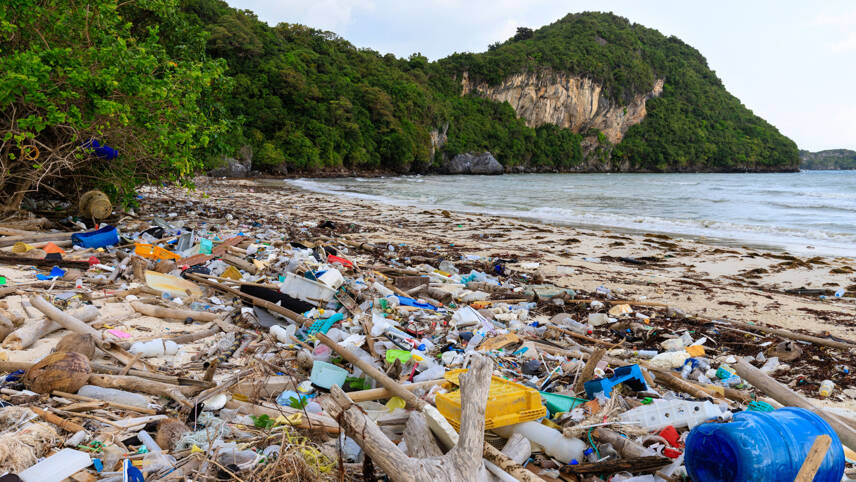Register for free and continue reading
Join our growing army of changemakers and get unlimited access to our premium content

The guide is free to download for edie users
The ebb and flow of the global, concerted effort to eliminate unnecessary single-use plastics by embracing the circular economy has been an irresistible movement that has seen nations, cities, regions and businesses all pledging to play their part in creating a zero waste future.
In a world where net-zero is a non-optional necessity and the plastic soup plaguing our oceans expands, now is the time for businesses to reinvent business models, supply chains and products and services to contribute towards a zero-waste world.
While net-zero and the green recovery have rocketed up the corporate agenda in recent years, many businesses are still diligently performing to eradicate unnecessary single-use plastics from their value chains.
—–CLICK HERE TO DOWNLOAD THE SINGLE-USE PLASTICS BLUEPRINT—-
This report, sponsored by phs Group, will consider all the key steps that businesses should take to move towards a circular economy by focussing on unnecessary single-use plastics. As more nations and businesses commit to net-zero the report also acts as a timely reminder as to the role that phasing-out single-use plastics in favour of circular products and services can have in wider decarbonisation ambitions.
The report will feature best-practice case studies, actionable steps and a deep dive across key action areas of the value chain to highlight ways to ignite a shift towards a circular economy.
It also features a foreword from Martijn Lopes Cardozo, chief executive at Circle Economy. Cardozo states: “We’ve never consumed at such a rapid pace—or wasted as much—as we do now. In the five years between the two landmark climate conferences in Paris and Glasgow, our global economy has collectively consumed half a trillion tonnes of materials.
“The circular economy extends beyond better material management—and its benefits and opportunities are manifold. As the world races towards net-zero, circularity provides a means for governments to slash emissions, reach their Paris Agreement targets and build more inclusive and resilient economies. A circular economy for plastics is a crucial step along the way to a circular world—and a circular world is a world in which people and planet can thrive.”
Click here to download the report.


Please login or Register to leave a comment.